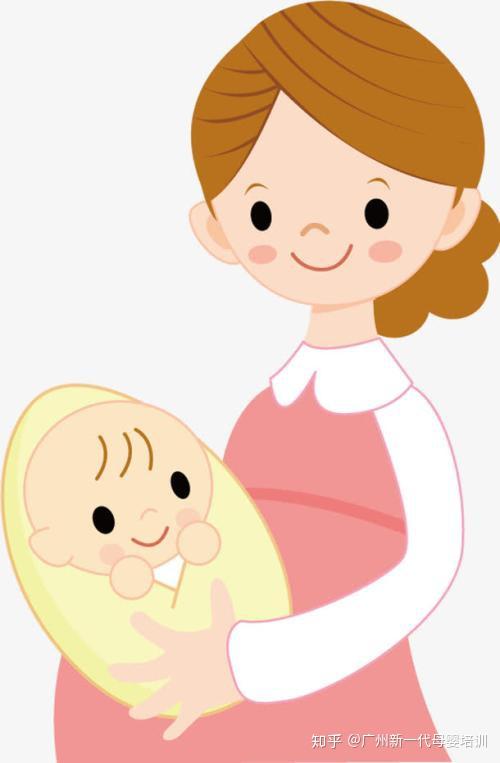The puerperium is a crucial period for women’s physical recovery, and a reasonable diet is extremely important to nourish the qi and blood and avoid health damage. Brown sugar and eggs are common dietary choices after childbirth. Brown sugar, due to its blood-activating and stasis-dispelling effects, can help expel lochia after delivery and is suitable as a supplement during the postpartum period. However, as good as brown sugar is, it should not be solely relied upon for blood nourishment. A diversified diet is crucial, and in the early days, avoid consuming eggs to prevent bloating. Drinking brown sugar water in moderation for about one to ten days, combined with vegetables and fruits, can ensure comprehensive nutrition.
In the early postpartum period, it is not advisable to consume large quantities of eggs. Three eggs a day are recommended, excessive consumption may increase gastrointestinal burden and lead to digestive issues. The diet should lean towards warm and easily digestible foods, avoiding raw, cold, greasy, and spicy foods such as ice cream, hard-fried foods, strong tea, coffee, etc., as these not only affect the mother’s recovery but may also impact the infant through breastfeeding.
Moreover, overly salty foods like pickled products, which are high in sodium, may lead to water retention in the body, potentially causing edema when consumed in excess. Astringent foods like lotus seeds, persimmons, and Japanese plums may hinder blood circulation, impeding the discharge of lochia after delivery and are hence not recommended for consumption.
In conclusion, dietary adjustment during the puerperium should be balanced, considering the impact of foods on the body’s recovery. Ensuring adequate nutrition and being mindful of food choices and combinations can promote healthy postpartum recovery.


